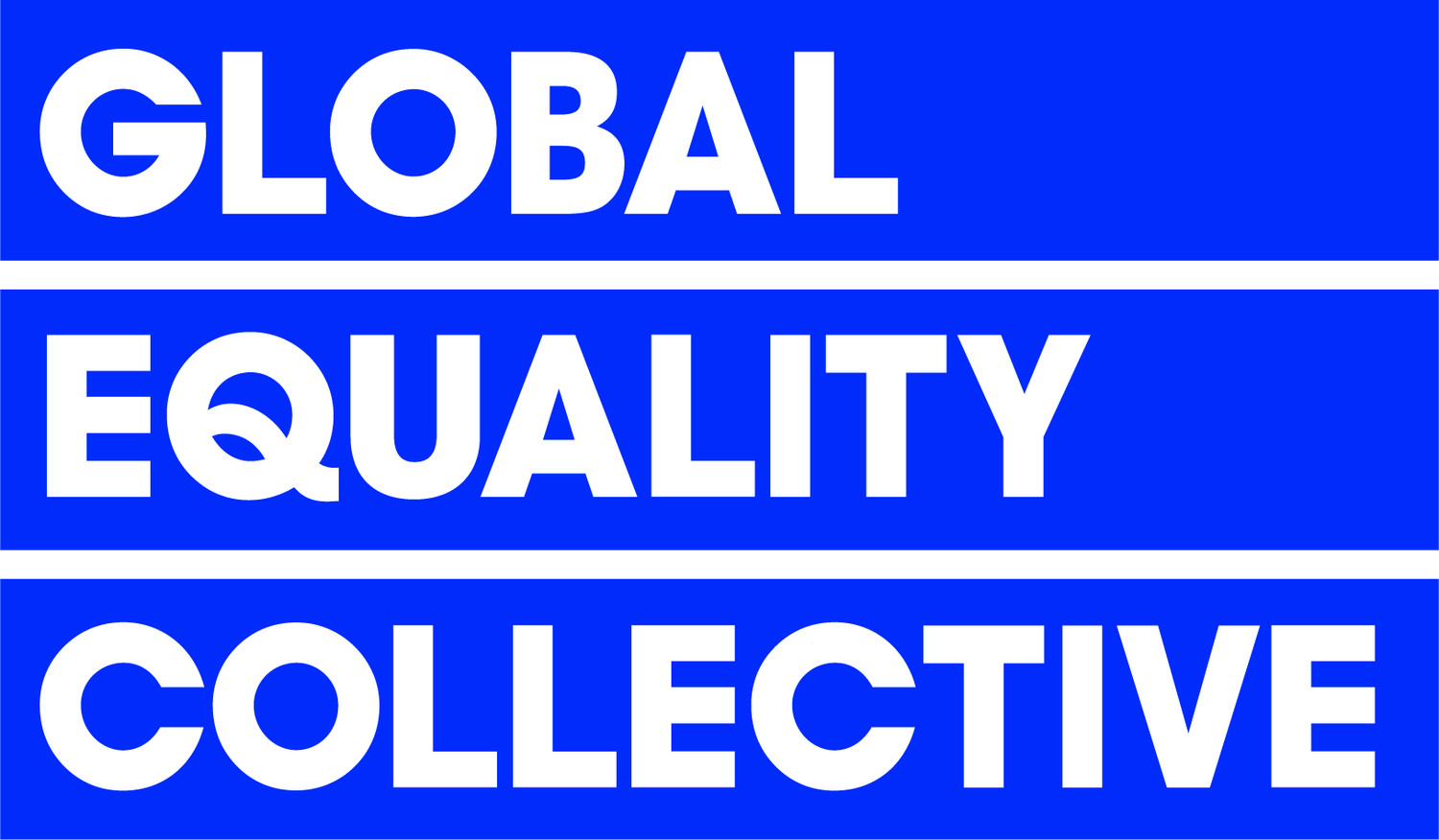GEC Inclusion Index - Staff - Key Behavioural Area 3
Professional Opportunities
“I'm not offered opportunities because of who I am.”
68.5% agree
⬇ Worsening Concern
So what?
Inclusion must go beyond recruitment — it must be embedded into every rung of the professional ladder. Yet from our 26,000 Voices dataset, only 31.5% of staff see themselves “represented in the leadership team” at their school. A staggering 7 out of 10 people felt their identity had negatively impacted their career progression.
This isn’t a matter of perception — it’s a systemic problem.
Global Majority staff, especially Black women and Asian Muslim men, reported the highest levels of disadvantage:
“I’ve been overlooked for years while less experienced white colleagues get promoted.”
“I’ve had to change how I speak and dress to even be considered for advancement.”
LGBTQIA+ staff shared that authenticity led to exclusion from stretch opportunities:
“When I was ‘out,’ I stopped getting invited to CPD or stretch opportunities. It was subtle — but constant.”
Disabled and neurodivergent staff cited assumptions that blocked them from leadership:
“Because I need adjustments, I’m seen as high maintenance.”
“I’ve been told I’m not resilient enough for a promotion.”
Many referenced being told they weren’t the “right cultural fit” — a euphemism often used to gatekeep:
“Apparently I’m ‘not the right fit.’ But what does that mean when everyone in SLT looks and sounds the same?”
Intersectional staff — holding two or more protected characteristics — experienced cumulative disadvantage:
“There’s no path for someone like me. I’ve never had a mentor who looked like me — or understood my needs.”
The result? Disengagement, imposter syndrome, and high attrition — all linked to missed professional opportunities.
The GEC Platform: Proven Solution
The GEC Platform empowers schools to identify gaps in progression, development, and leadership access — with data segmented by identity, role, and experience.
📊 Key Findings from 26,000 Voices:
31.5% of staff said being themselves had disadvantaged them professionally
Global Majority, LGBTQIA+, disabled, and neurodivergent staff were significantly more affected
Those who felt blocked professionally were more likely to also report low belonging and intention to leave
🎯 Why It Works
The GEC Platform doesn’t just highlight disparities — it supports leaders in rebuilding progression pathways that are equitable, transparent, and inclusive.
With targeted insight, leaders can:
Audit appraisal and promotion processes
Identify where identity-based barriers exist
Design mentorship and support structures for underrepresented staff
Build a culture where lived experience is a leadership strength, not a risk.
Case Study: Batley Multi Academy Trust
As part of their work using the GEC Platform, Batley MAT listened deeply to staff voice — and responded with action. Their inclusion insights led to the co-creation of two powerful staff-led initiatives:
📝 The Batley Ethical Leadership Charter
📝 The Batley Workload Charter
“The wellbeing of everyone in our learning communities matters enormously to us — every adult and every young person. Wellbeing has to be more than a strategy; it is a way of working each and every day.”
Batley’s approach reframed leadership as a shared, inclusive practice:
“We believe that People Make Places... Our staff team devised these charters. Ethical leadership is the bedrock of our approach to wellbeing. We are all leaders — young people are leaders of their own learning, and every adult is a leader. All members of our community share the spirit of genuine collaborative partnership, and egos are left at the door.”
This case demonstrates that when staff are heard — and empowered — inclusive leadership follows.
Next Steps & Free Stuff
📊 Want to know where your staff feel blocked — and how to fix it?
Use the GEC Score Card, aligned with the Ofsted Inclusion Metrics, to spotlight progression gaps in your school or trust.
🌍 Or explore how ethical leadership transforms inclusion:
👉Read the Batley MAT case study






